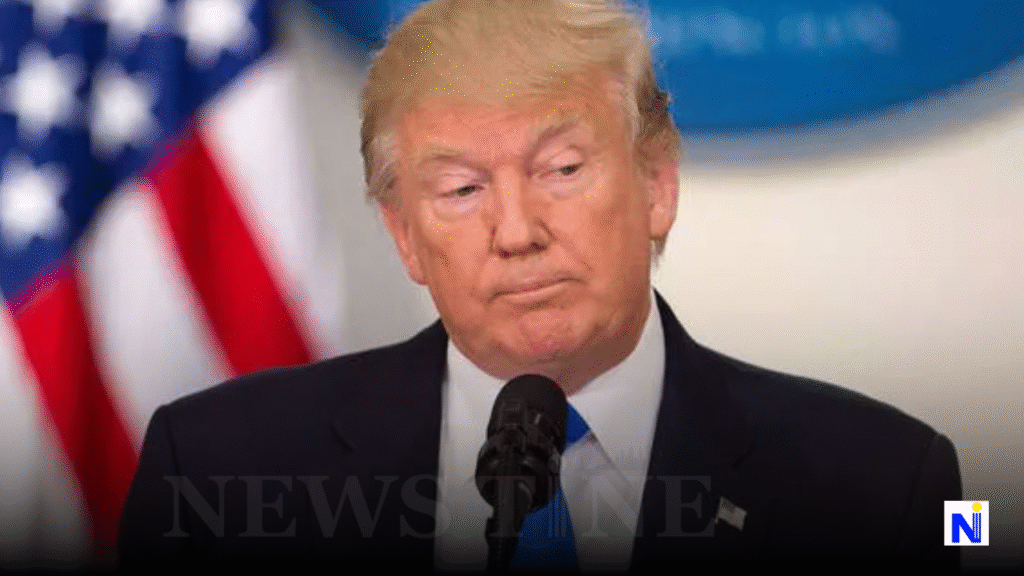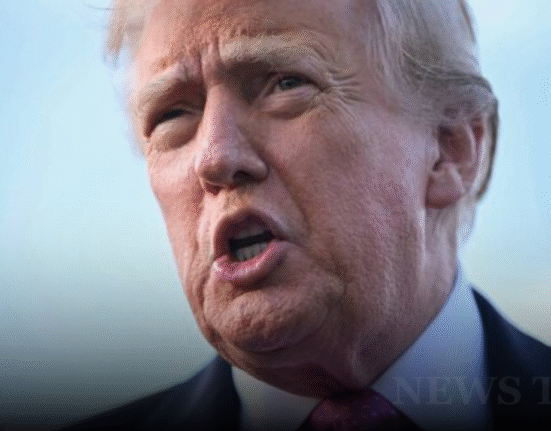
The news dropped like a thunderclap: a federal appeals court has officially ruled Trump tariffs illegal. For years, these tariffs have been at the heart of Donald Trump’s economic policy, pitched as a way to “level the playing field” with foreign trade partners. But now, the courts have stepped in, and the decision could ripple through the U.S. economy, global trade, and even the political landscape ahead of 2025.
So what happens next? And how could this affect ordinary businesses, global markets, and even your weekly shopping bill? Let’s break it down.
What Did the Appeals Court Decide?
In a 7-4 ruling, the U.S. Court of Appeals said that Trump’s so-called “reciprocal tariffs” were beyond the scope of presidential power.
- The court argued Trump relied on the International Emergency Economic Powers Act (IEEPA), a law that gives presidents authority during foreign threats.
- However, judges made it clear: IEEPA does not grant power to impose tariffs or taxes.
- As one judge put it, “The power of the purse belongs to Congress, not the president.”
For now, the tariffs remain in place until mid-October, giving Trump’s team a chance to appeal to the U.S. Supreme Court.
Why This Ruling Matters
This isn’t just a legal technicality. It’s a big deal for three major reasons:
- The Economy:
- Tariffs are essentially taxes on imports.
- U.S. businesses have been paying billions under these levies, often passing costs onto consumers.
- If they’re struck down, markets could shift overnight.
- Global Trade Relations:
- Countries like the UK, Japan, and South Korea negotiated deals under Trump’s tariff regime.
- If the tariffs vanish, those deals may need to be rewritten.
- Politics:
- Trump has long championed tariffs as proof of his deal-making strength.
- Losing them would be a symbolic and practical blow.
- On the flip side, if the Supreme Court sides with him, it could embolden future presidents to use emergency powers more aggressively.
What Happens Next?
Here’s the roadmap going forward:
- Now → October: Tariffs stay in place while appeals are filed.
- Mid-October: If no Supreme Court intervention, the tariffs expire.
- Supreme Court Case: If taken up, a ruling could set a historic precedent for presidential powers.
Could the U.S. Pay Back Tariff Revenues?
This is one of the biggest unknowns. Billions of dollars have been collected under Trump’s global tariffs. If courts declare them permanently unlawful, legal experts suggest companies could demand refunds. That could open up a messy wave of lawsuits.
How Businesses Are Reacting
Economists warn the uncertainty could be worse than the tariffs themselves. As Dr. Linda Yueh (Oxford University) explained:
“Businesses are going to be subject to uncertainty. As long as this case hangs in the balance, companies will hesitate to make trade decisions.”
Translation? Slower deals, hesitant investors, and jittery markets.
The battle over tariffs isn’t just about taxes on steel or electronics—it’s about how much power presidents really have. With the Supreme Court looming, this fight could reshape trade policy for decades.





